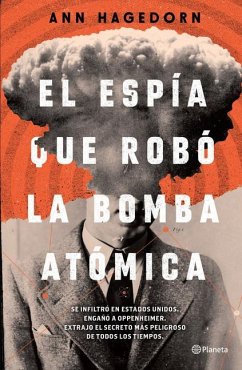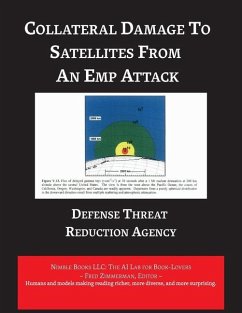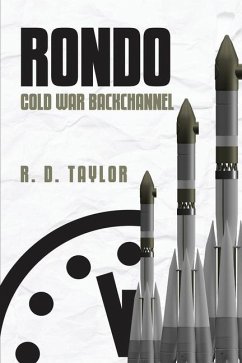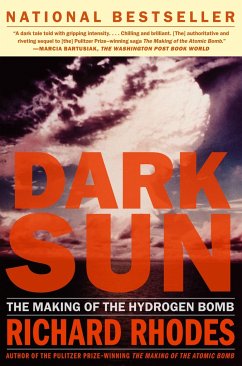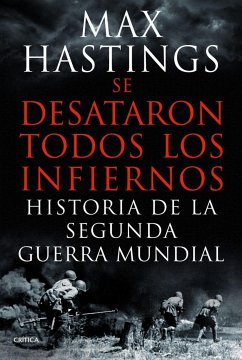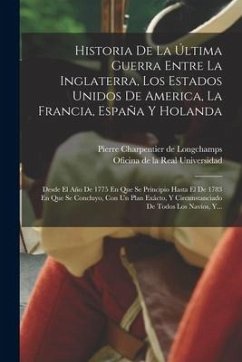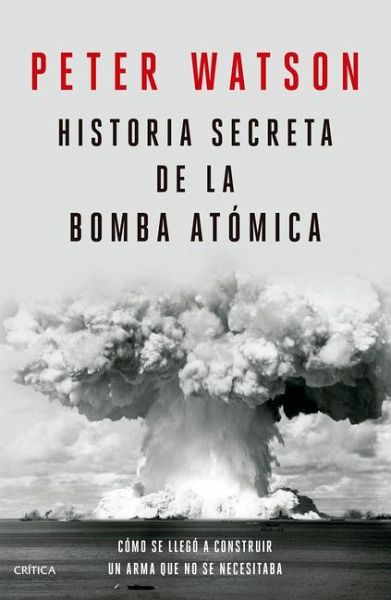
Historia Secreta de la Bomba Atómica: Cómo Se Llegó a Construir Un Arma Que No Se Necesitaba / Fallout
Versandkostenfrei!
Versandfertig in über 4 Wochen
19,99 €
inkl. MwSt.

PAYBACK Punkte
10 °P sammeln!
Los engaños y conspiraciones que crearon el arma más letal de la historia. Peter Watson, el gran historiador intelectual del siglo XX, nos muestra cómo surgió, y cómo fue desechada por los científicos, la idea de construir un arma nuclear y cómo un pequeño grupo de conspiradores, asentados en el poder, tomó por su cuenta, tal como lo revelan los documentos desclasificados en estos últimos años, la decisión de construir y emplear la bomba atómica, que nadie quería realmente y que no era necesaria, contra lo que se dice, para acabar la segunda guerra mundial. El libro de Watson, es...
Los engaños y conspiraciones que crearon el arma más letal de la historia. Peter Watson, el gran historiador intelectual del siglo XX, nos muestra cómo surgió, y cómo fue desechada por los científicos, la idea de construir un arma nuclear y cómo un pequeño grupo de conspiradores, asentados en el poder, tomó por su cuenta, tal como lo revelan los documentos desclasificados en estos últimos años, la decisión de construir y emplear la bomba atómica, que nadie quería realmente y que no era necesaria, contra lo que se dice, para acabar la segunda guerra mundial. El libro de Watson, escrito con su habitual garra narrativa, no sólo desvela un pasado desconocido, sino que ilumina un presente sujeto todavía a la amenaza nuclear. ENGLISH DESCRIPTION The justification for the atomic bomb was simple: it would defeat Hitler and end the Second World War faster, saving lives. The reality was different. Fallout dismantles the conventional story of why the atom bomb was built. Peter Watson has found new documents showing that long before the Allied bomb was operational, it was clear that Germany had no atomic weapons of its own and was not likely to. The British knew this, but didn't share their knowledge with the Americans, who in turn deceived the British about the extent to which the Soviets had penetrated their plans to build and deploy the bomb. The dark secret was that the bomb was dropped not to decisively end the war in the Pacific but to warn off Stalin's Russia, still in principle a military ally of the US and Britain. It did not bring a hot war to an abrupt end; instead it set up the terms for a Cold one to begin. Moreover, none of the scientists recruited to build the bomb had any idea that the purpose of the bomb had been secretly changed and that Russian deterrence was its new objective. Fallout vividly reveals the story of the unnecessary building of the atomic bomb, the most destructive weapon in the world, and the long-term consequences that are still playing out to this day.



